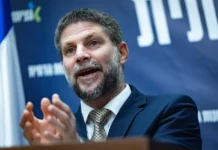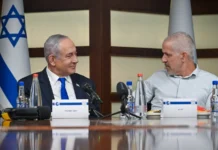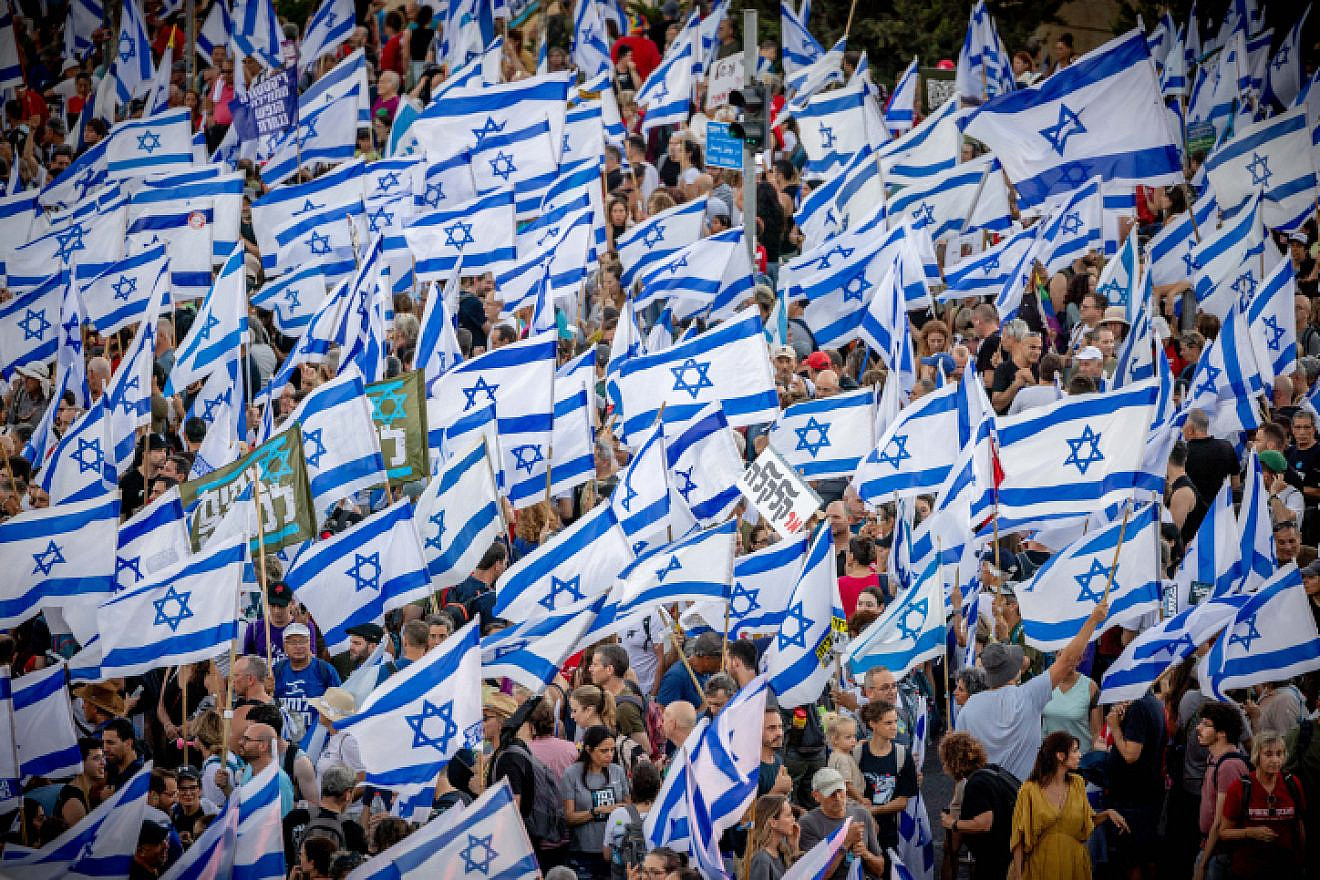I was born in Syria, grew up in Lebanon and eventually moved to Brazil from where I made Aliyah. After nine months of learning Hebrew in an ulpan, I met my husband and moved to the United States. But I left my heart in Israel.
Later, I figured out a way to stay connected to Israel. I introduced a cutting-edge trauma healing technique to the country 25 years ago, created a nonprofit there and have been traveling to Israel four times annually ever since.
The crisis we are now witnessing in Israeli society has been simmering for many years. I have been listening, heartbroken for my people, to the polarization, total lack of understanding, deep disdain and intense fear of the other. This has reached the point of outright hatred.
The struggle seems to be over the soul of Israel. Is it an “Israeli” country or a “Jewish” country? Former Ambassador to the U.S. Michael Oren called this a rift between a “normal Israel” and a “4,000-years-based Israel.” What is missing is the acceptance that we cannot choose one or the other. We should be both.
But we cannot do so without dialogue.
In my trainings in Israel, very secular students, mistrustful of haredim, met Orthodox Jews personally for the first time. (And Jews met Israeli Arabs as colleagues for the first time.)
After a few days of training, they moved beyond stereotypes and discovered and admired each other. They realized they are cut from the same cloth, that they are all human beings with the same needs, desires, pain and suffering.
But a general lack of dialogue and growing political polarization—which are widespread throughout the Western world—have brought the differences between secular and Orthodox Israelis to a head. They fight one another instead of seeking their proper roles in improving Israeli society.
One side’s task is to make it possible for Jews and Israelis to belong to the nations of the world and cease to be a pariah people.
The other side’s task is to remember that we are unique and have a special mission to fulfill, based on the fundamental principles of Judaism, which allowed us to survive as a civilization for thousands of years.
Every Jew has a part to play in this. No one is free from the task at hand: to make our uniqueness a gift to us and the world.
We will have to give up our self-righteousness and stubborn conviction that we are the only ones who possess the truth and the good. We have to give up the insanity that our side is the only one waving the flag of democracy.
We must understand that we only possess part of the truth. We must explain it in rational, respectful, dignified ways, and be ready to listen with respect to the other part of the truth.
This means giving up on demonizing the other, labeling and calling them names, and believing they represent pure evil. We must stop projecting our own worst impulses on to the other.
We must realize that believing we can break the rules because circumstances call for it is the real danger to democracy.
This crisis is a major turning point in Jewish history. We can use it as an opportunity to acknowledge all parts of our society and help them work for our survival as a people and the good of humanity. Or we can collapse into our collective historical trauma of fighting one another and once more bring about the dissolution of a Jewish state. Our enemies would be delighted.
Whichever side of the polarization you are on, you are accomplishing nothing positive, no matter what higher cause you believe you are serving. You cannot justify endangering democracy and engaging in baseless hatred.
One easy motto can wake us up: How would we judge our actions if the other side was doing them?


























